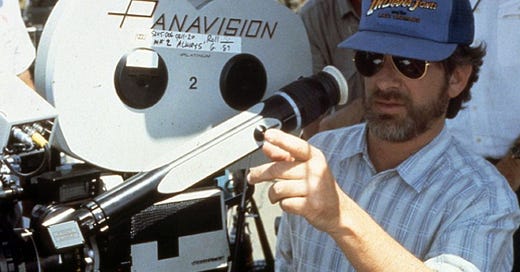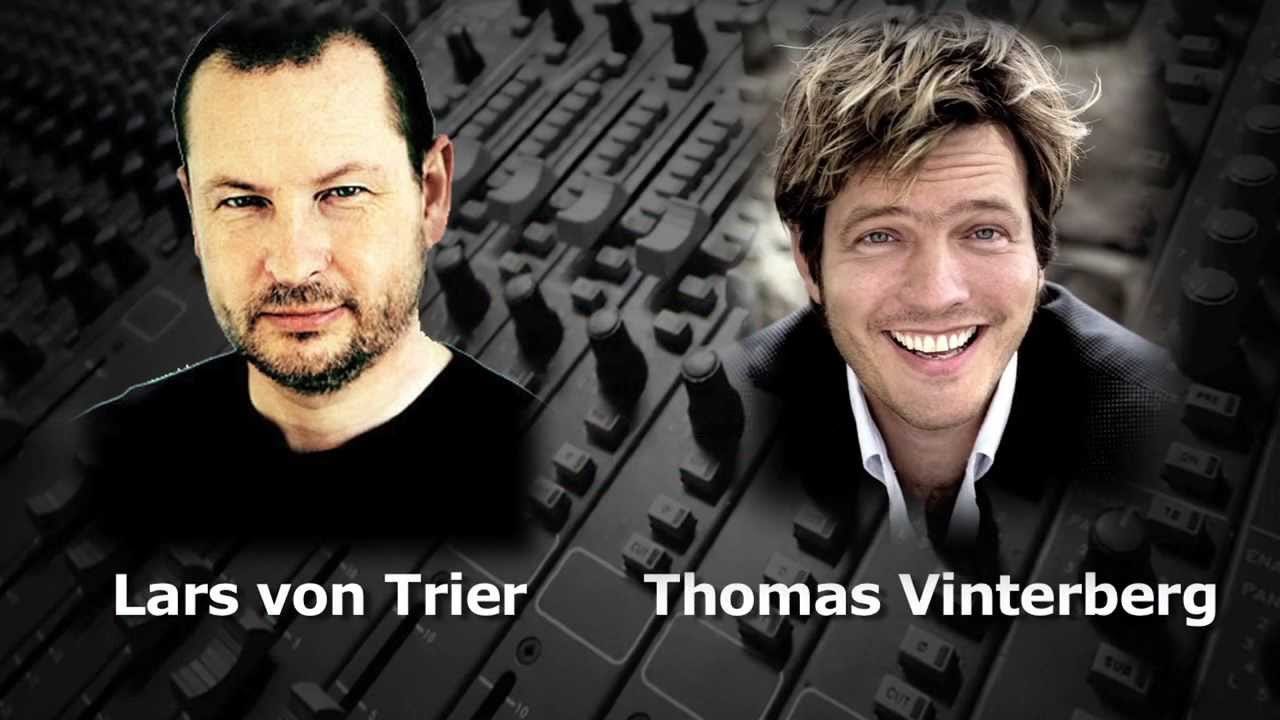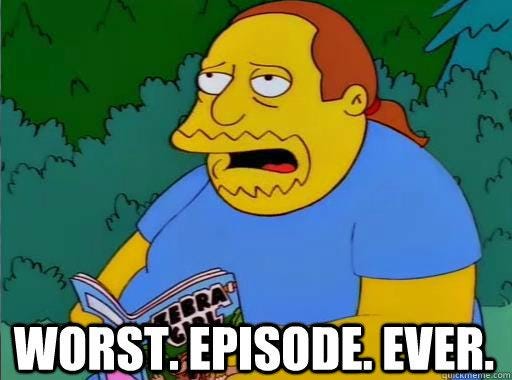How would you define a filmmaker’s style?
If I were to ask you, “What makes a Spielberg movie a Spielberg movie?” you might point out his carefully crafted “oners” in which he combines multiple camera setups into one continuous take. Or you might point out his use of character reaction shots, known as The Spielberg Face.
How about David Fincher?
You might refer to his incredibly sharp and precise camera movements that mimic the actors’ blocking exactly. Or that he uses close-ups very sparingly, saving them for just the right moment for maximum emotional impact.
Or Wes Anderson? Ok, that one is too easy. Of course it’s going to be his use of symmetry, whip pans, and his love of parallel tracking shots.
M. Night Shyamalan? Disruption of the family balance when faced with tragedy. Oh yeah, and twist endings.
Who are some of your favorite directors? And how would you define their style? What makes that filmmaker that filmmaker?
The history of film has seen its share of movements come and go and in the late 1990s no other movement gained as much international attention among film buffs as Dogme 95. Led by Danish filmmakers Lars von Trier and Thomas Vinterburg, Dogme 95 was a creed, of sorts, laying out rules they would follow when making their movies.
Well, since Dogme 95 happened to coincide with my college years, one of my film production instructors thought it would be a good idea for all of us in his class to write our own list of filmmaking rules. Not one to pass up an opportunity to showcase his own work and brag about it, our instructor trotted out one of his avant garde, experimental films, explained his own approach to filmmaking, and then sent us off to complete our assignments.
All the talk of rules and manifestos made the whole filmmaking thing feel a little liturgical, or cultish, but I was eager to get started and really think hard about what I considered to be, at the time, my rules on filmmaking.1
I’m not sure I still have the final paper that I wrote. It could be in a box somewhere at my parents’ house, or resting quietly in the recesses of a long-since-forgotten internal hard drive. I wish I could put my hands on that paper today. It would be nice to see what 19 year old Clint thought about the student films he was making and compare him to my thoughts on filmmaking today. Unfortunately I can only remember two of the rules I wrote down: 1) utilize deep depth of field whenever possible, and 2) utilize orchestral musical scoring.
Why those two rules in particular?
The musical rule came from my love of movie scores. I would listen to them on repeat while doing my homework and I always felt that music held great value for film, enhancing the emotion of certain scenes.
The deep depth of field rule most likely came from the technical limitations of the MiniDV cameras I had available to me at the time; cameras that, because of their smaller sensors, had a difficult time achieving a shallow depth of field. But if you had asked me at the time, I probably would have pointed to Citizen Kane as the artistic inspiration for the rule (which any film student is obliged to do).
Sidebar:
I appreciate what our instructor was trying to do. I think it’s important to encourage young, inexperienced filmmakers to think philosophically about how to approach visual storytelling. But on the other hand, 19 year olds often don’t have a style. They haven’t had the experience nor the time to develop one yet. All they can really do is just write down a list of what they like. Or they write down what they think they’re supposed to write, cherry-picking elements from other movements like the French New Wave.
It came time to turn in my paper and I walked to the front of the class, turning in my paper with the pride and gusto of Ralphie from A Christmas Story when submitting his paper on why he wanted a Red Ryder BB Gun.
And just like Ralphie, reality kicked me in the face when I got my paper back several days later: B-
A B-?!
It just didn’t make sense to me. Our instructor had asked us for our opinions. He had asked us to write down our list of rules for filmmaking; our own personal Dogme 95.
How could he knock points off of an opinion?
This wasn’t an accounting course. There wasn’t a right or wrong answer. This was totally subjective; a philosophical exercise exploring the mind of the auteur as a visual artist. I was affronted by this academic slight.
“This is because he disagrees with me about musical underscoring,” I mused. I thought back to the class period when he was showing us his film. At the time, he made mention of the fact that he didn’t care for musical underscoring, believing it to be manipulative.
“He must have read that in my paper and docked me for it. Yes, that’s it. He’s sticking it to me, using his authority as a faculty member to make me see things his way.”
Whatever the reason, I had no recourse but to cross my arms and fume at my desk, forever believing that I was robbed of an A+. Surely my lower-than-expected grade had nothing to do with any deficiencies of grammar or the logical construction of my arguments within the thesis itself. Of course not. This was 100% vendetta, plain and simple.
And so I learned that there is a downside in pursuing a creative career, and it’s called subjectivity. People will always have opinions, and when it comes to art (like movies) people enjoy making their opinions known (ever hear of Film Twitter?).
So you have to deal with the fact that in the creative industry, there are no right or wrong answers. There is only taste. That can be very freeing, but it can also be very frustrating. Because you will have to work with people who don’t see things the same way. They will criticize everything about your work. They will want you to change it to appeal to certain people, or meet the needs of a certain algorithm or data point. And maybe there will be opportunities when you can push back, stand your ground, and insist on your own vision. And there will also be times when you have to take your B- and sit back down at your desk. And you can choose to be bitter over that or you can choose to be better.
Or you can always be an accountant.
All these years later and I’m not I can even tell you what my style is as a director. Maybe someone else who’s worked with me before can enlighten me. Or maybe some YouTuber can analyze my short films and post an in-depth video essay. All I know is, I look for great compositions that make sense for the characters in the moment and for the kind of story I want to tell. I think so much of it is instinctual.






